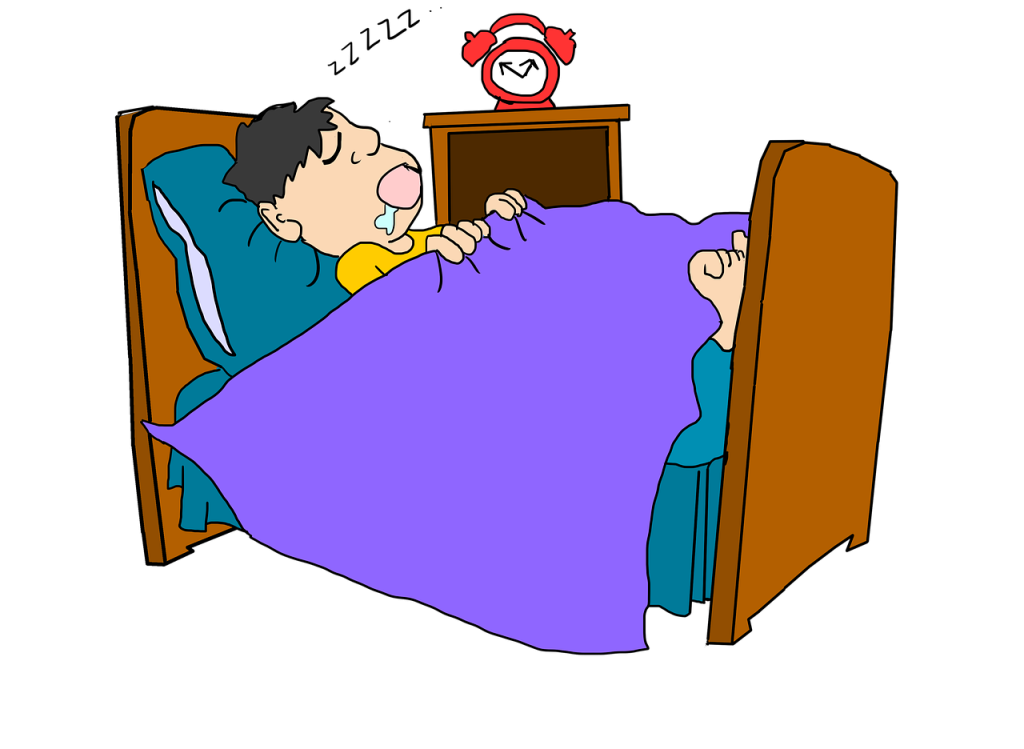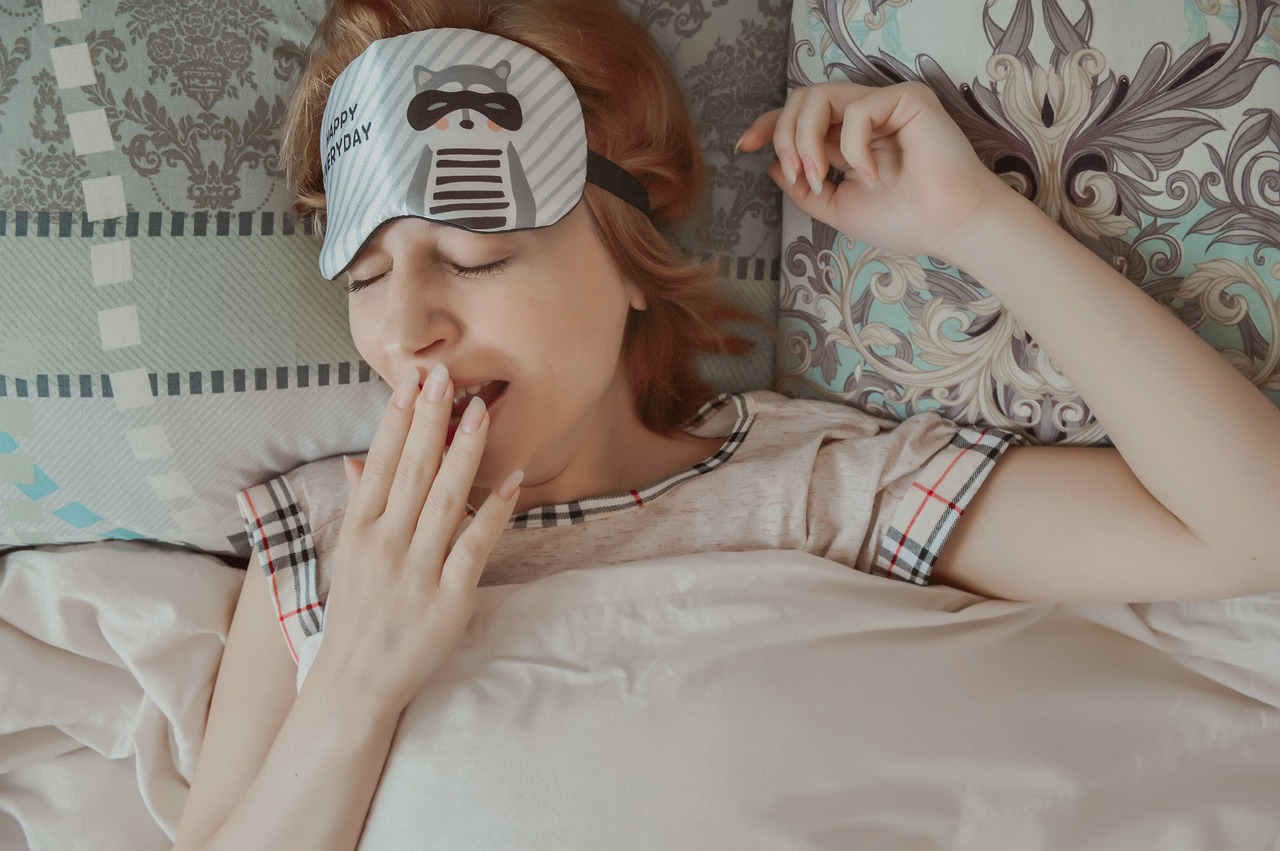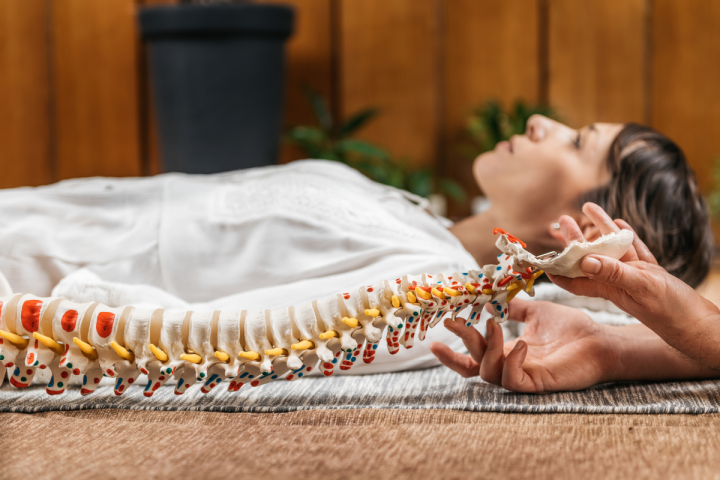Snoring is not a disease, but a symptom of obstructed airflow through the throat. If it is an occasional occurrence, it is not dangerous. However, if snoring occurs continuously and with it comes what is known as sleep apnoea, which means a complete lack of airflow through the larynx, it begins to threaten health. As it turns out, an effective cure for sleep apnoea can be physiotherapy.
What is sleep apnoea?
Sleep apnoea is otherwise known as obstructive sleep apnoea syndrome, a condition categorised as a sleep disorder. According to the American Academy of Sleep Medicine, it is characterised by multiple and repeated episodes of either stopping or very strong airflow restrictions through the airway during increased work of the respiratory muscles, i.e. the sudden stopping of breathing and the rapid resumption of breathing. Sleep apnoea has three subtypes:
- obstructive caused by flaccidity of the tissues of the pharynx and collapse of its lumen during sleep. It causes temporary airway obstruction and results in sudden awakening with loud grunting and unblocking of the throat,
- central - caused by an abnormal response of the central nervous system to hypoxia. With this condition, the brain temporarily fails to send signals intended for the respiratory muscles,
- mixed, combining the symptoms of the above two types.
The disease can have 3 stages of progression:
- mild, causing you to fall asleep while reading or watching TV.
- moderate, resulting in falling asleep during meetings and activities requiring increased attention.
- heavy, causing people to fall asleep while talking, eating a meal or even driving.
Sleep apnoea - symptoms
Along with apnoea, sweating and even bruising are not uncommon. In addition, patients experience an acceleration of the heart rate and an increase in blood pressure during sleep instead of a slowing down of the heart rate. Patients suffering from apnoea often wake up due to lack of oxygen and begin to draw air in greedily through their mouths. Sleep then does not allow for rest, as no air reaches the lungs. This results in hypoxia of the blood and consequently of the entire body.
Sleep apnoea is often accompanied by symptoms such as:
- loud snoring,
- restless sleep with numerous awakenings,
- choking during sleep,
- dry mouth,
- frequent awakenings and urination.
In contrast, during the day apnoea can be indicated by:
- headaches,
- problems with memory and concentration,
- falling asleep while watching TV, in meetings or driving,
- feeling tired and not getting enough sleep,
- mood disorders.

Sleep apnoea - causes
Obstructive sleep apnea syndrome often occurs in people with :
- crooked nasal septum,
- elongated soft palate,
- enlarged tonsils,
- overgrown tongue,
- other respiratory tract abnormalities.
The most common causes of apnoea include:
- hypertrophied tissue following infections,
- abnormal structure of the mandible,
- flaccid palate muscles,
- polyps,
- obesity and overeating,
- drinking alcohol and smoking cigarettes,
- short, thick neck.
The consequences of apnoea are sometimes daytime sleepiness, accidents at work and road traffic accidents.
A link has also been proven between snoring and the incidence of type 2 diabetes and hypertension and, as a result, atherosclerosis, heart attack and stroke.
How can physiotherapy help in the treatment of sleep apnoea?
As it turns out, physiotherapy is an effective treatment for snoring and can help reduce or eliminate it altogether.
One of the techniques used for this purpose is manual therapy as well as massage and manipulation of the muscles of the neck and face, It can help to relax the muscles of the throat and reduce or completely eliminate snoring. Other physiotherapeutic techniques can also be effective, including breathing exercises and postural therapy. Such exercises include stretching, massage, aerobic activity and strength training.
Also dental physiotherapy can help alleviate symptoms and improve sleep quality.
Such therapy involves wearing a specially fitted orthodontic appliance or prosthesis to keep the airway open during sleep.
-




